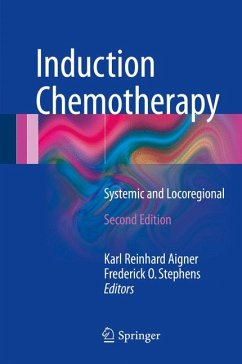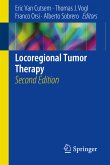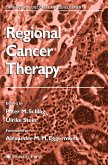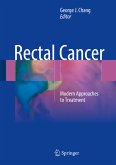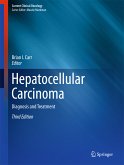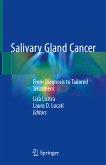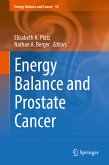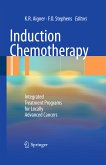This book presents the full range of management techniques and practices used in induction chemotherapy - both systemic and locoregional - by experienced international groups within one accessible volume. It provides the latest information on the pioneering and cutting-edge practices employed in different institutions and documents the advantages of integrated treatment schedules. All those responsible for treating patients with locally advanced cancers may find new, interesting aspects of locoregional cancer management and will find this book to be an invaluable source of up-to-date information.
Throughout the world, induction chemotherapy is being used as part of an integrated plan of management for locally advanced, solid tumors, while systemic chemotherapy is most commonly used to shrink primarily non-operable tumors. In cases of poorly or nonresponsive tumors, attempts have been made to administer chemotherapeutics via the arterial route in order to achieve higher localized drug exposure and response rates. Such therapies are being practiced worldwide in independent, remote departments in universities, teaching hospitals and clinical schools. Frequently, however, these teams remain relatively unaware of the work being done in other institutions, which may slow further progress.
Dieser Download kann aus rechtlichen Gründen nur mit Rechnungsadresse in A, B, BG, CY, CZ, D, DK, EW, E, FIN, F, GR, HR, H, IRL, I, LT, L, LR, M, NL, PL, P, R, S, SLO, SK ausgeliefert werden.

